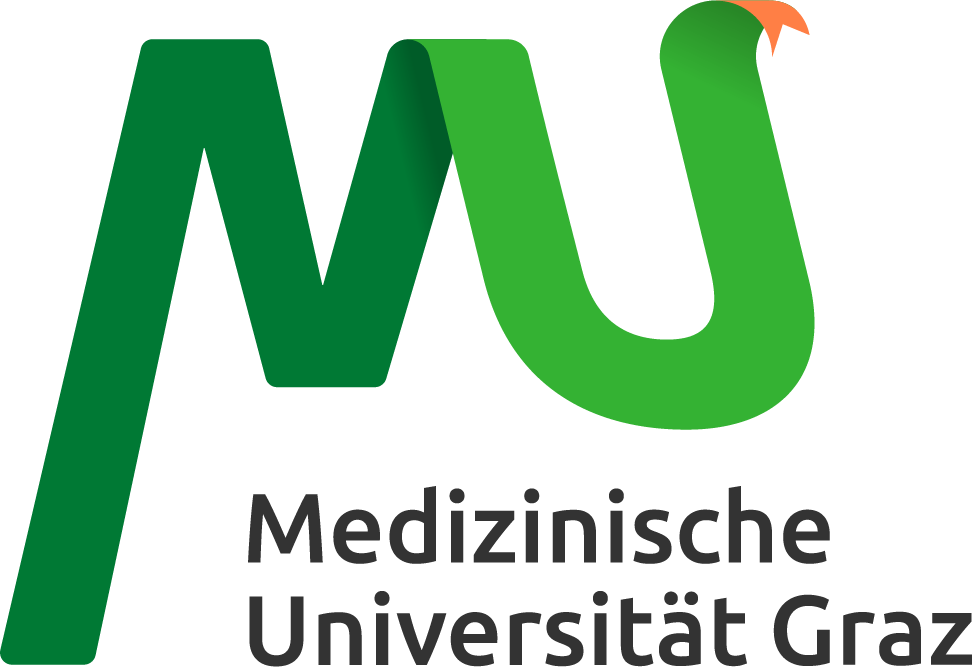
About this module
The main purpose of this module is to allow students to appreciate the importance of pre analytical procedures and to develop an understanding of sample characteristics and the quality parameters required for valid results.
Furthermore, this module provides an overview of current methods used and their preanalytical requirements and will compare the different methods that are used in molecular pathology.
Students will translate clinical questions into molecular markers to be analyzed as well as selecting appropriate methods for biomarker analysis. Ultimately, the module aims to enable harmonization of molecular testing in a European setting.
Learning outcomes
-
Assess the quality and suitability of a sample for a specific molecular pathology analysis
-
Identify and find relevant standards and quality management systems
-
Assess samples for quality parameters. Can this sample be used for a specific test?
-
Match a given clinical question to the suitable molecular biomarker analysis.
-
Match the sample available to the suitable molecular biomarker analysis from the pool of possible established methodologies
-
Use fundamental knowledge and understanding of the basis of genotyping and detection of genetic variation to assess the plausibility of the result of the molecular analysis.
-
Understand which methodology to utilize to detect different types of genetic variants, and be able to analyze and interpret sequencing data and contextualize genetic variants with regard to likely pathogenicity.
-
Use literature and online resources to access information on disease and genetic variation An understanding of the role of difference between companion diagnostic and lab developed tests
-
Understanding plausibility and utility of analytical results from molecular tumour analysis in a clinical contex
Module Coordinators

- Pr. Dr. Gerald Hoefler
-
More information on Gerald's work in the steering committee section.

- Dr. Karl Kashofer
-
Karl Kashofer is a molecular biologist with a keen interest in molecular pathology.
He is heading the molecular pathology laboratory at the Institute of Pathology of the Medical University of Graz which offers a wide variety of diagnostic assays based on NGS and classical methodology.
He focuses his scientific interests on pre-neoplasic to neoplastic transition in squamous cell carcinomas of the cervix, vulva and penis and has published 118 pubmed listed papers.
He has a strong interest in open source software, high performance computing and bioinformatic pipeline design.
Additionally he holds a law degree and is interested in the legal ramifications of the IVDR for molecular pathology laboratories.

















